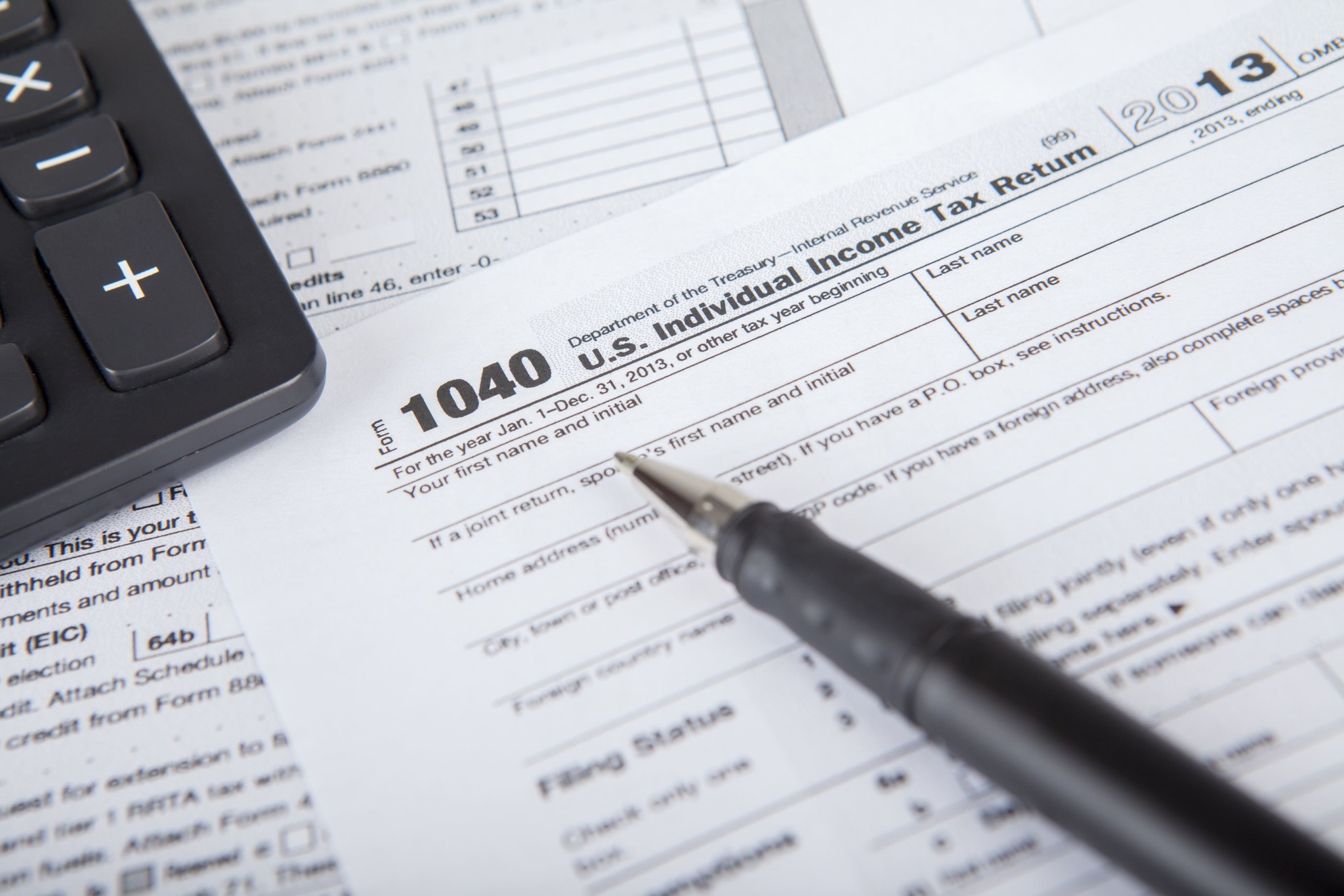
Taxes can become quite complicated when you own a rental property in another state or country. In fact, your rental income might be subject to both federal and state taxes. Not only will you need to report income generated within your state of residence, but you might also need to report income generated by your out-of-state real estate investment.
Before you become overwhelmed by the potential taxes, take a moment to read this helpful “tax do’s and don’ts guide” for North Texas real estate investors and learn why it’s crucial for real estate investors to keep good records.
Do’s and Don’ts for Filing Out-of-State Investment Property Taxes
- Do work directly with a knowledgeable property manager who is well-versed on the local real estate tax laws. If you have any additional questions, do contact a real estate tax attorney.
- Do check the state laws to determine if you will need to file state taxes in addition to your federal taxes. It is important to note that some states will not require you to file a return if your income is below a designated monetary value.
- Do check state-specific deductions to see if your property qualifies for any additional tax deductions. Possible deductions include maintenance, mortgage interest, and insurance costs.
- Do keep accurate records on your Dallas real estate investment. Once again, a professional property manager can help you to keep accurate records by providing you with monthly property earnings reports. Those reports should detail any maintenance or other expenses on the investment property, as well as the money that the property earned that month.
- Don’t ignore tax questions or misrepresent earnings when filing your taxes.
- Don’t forget to assess whether you need to pay investment or capital gains tax on your Dallas investment property.
- Don’t rely on poor records. Inaccurate or poor records can lead to guesswork, which can lead to misrepresentations and inaccurate statements on your tax forms.
- Don’t forget to pay on time. It is perfectly acceptable to file for an extension; however, if an extension is granted, then you need to be sure that you pay your taxes on time. Failing to pay your taxes can result in a costly audit, back taxes, hefty penalties, or even a state lien.
Resources to Help You File Out-of-State Taxes
Your chosen property manager is one of your best resources for filing out-of-state taxes. A property manager should be well-versed on the taxes involved with each rental property. Should the property manager have any questions, then they will be able to direct you to a local tax attorney or another government site, which can provide you with an assortment of useful information.
One of the best government sources you can turn to is the IRS. With regards to Texas and Dallas investment properties, you can turn to the Texas Comptroller or the Texas Secretary of State website for additional information on:
- out-of-state property tax guidelines;
- property tax exemptions;
- filing dates and important forms; and
- registration requirements.
The Importance of Keeping Good Records for Investment Properties
We understand keeping good records for your investment properties is a challenge. Each property has hundreds of transactions throughout the year from application fees to monthly rent. Not to mention, other regular expenses like repairs, utilities and taxes.
Still, bookkeeping should always be a top priority and here’s why:
You’ll Miss Out on Tax Deductions
We’ve covered tax deductions available to landlords in a previous post, but to name a few, deductions like management fees, interest, depreciation and repairs can decrease your tax liability. However, you can’t take these deductions if you don’t have properly recorded transactions and receipts as proof.
The bottom line is: if you’re records are in disarray you’ll cheat yourself out of money. Record every transaction on the books and track your purchase orders, work orders and invoices. Give your accountant clean records to work with during tax season and you’ll be able to keep as much money as possible.
Related: 10 Rental Income Property Tax Deductions You Can’t Afford to Miss
You Can’t Measure Performance
You should know the ROI, cash flow, and best performers in your portfolio, whether you have three properties or 53 properties. But it’s impossible to get a precise picture of each property’s performance when you have transactions posted to the wrong books.
Accurate performance data is invaluable information you need to make sound investment decisions. It’s the only way you can zero in on what’s making you money or costing you money.
We Can Help Manage Your Records
We understand that keeping good records is a challenge for investors. It takes patience and attention to detail and it’s a task many of our investors simply don’t have the time to do.
We take care of the entire process and our team acts as a bank holding your money. We process every cent, keep track of each transaction, and retain all records. Then, we provide you with a detailed view of property performance whenever you need it. Plus, we have software that produces comprehensive cash flow reports and monthly owner statements to keep you up-to-date.
LEAP Property Management Makes It Easy to Invest in North Texas Real Estate
When it is time to file annual property taxes, out-of-state and out-of-country real estate investors can benefit from the DFW property management services offered by the trusted real estate professionals of LEAP Property Management. Since 2011, LEAP Property Management has delivered best-in-practice management services to out-of-state and out-of-country North Texas residential real estate investors. Those services include supplying property maintenance, fostering healthy relationships with property owners and their tenants, and providing accurate revenue reports that are vital to successfully filing taxes on Dallas investment properties.
To learn more about investing in North Texas real estate, contact a member of the LEAP Property Management team today.


